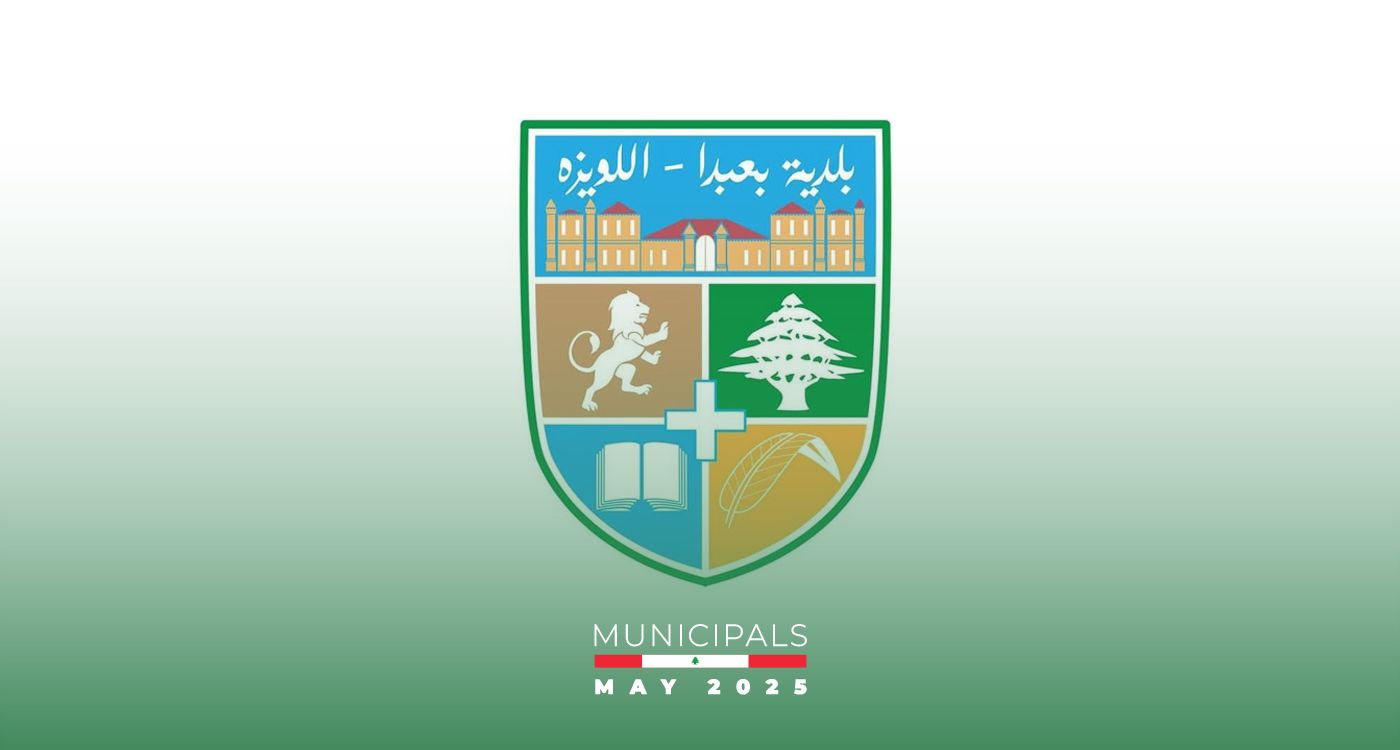- Home
- Highlights
- Baabda-Louaizeh: Families, Parties and Clientelism

©This is Beirut
On the eve of municipal elections in Baabda-Louaizeh, three competing lists are contending in a climate marked by family rivalries, sectarian tensions and shifting political alliances. Amid changing party loyalties, the clientelist influence of the village of Sebnay and a population eager for improved public services, Sunday’s vote could reshape local power dynamics—and, at the level of a single municipality, mirror broader trends unfolding across Lebanon.
After a nine-year hiatus, around 5,000 voters in Baabda-Louaizeh will head to the polls this Sunday to elect a new municipal council. Postponed since 2023, the long-anticipated vote comes in a context where prominent families, national parties and sectarian interests remain deeply intertwined, offering a microcosm of the Lebanese political landscape.
Three lists are competing for the 15 seats on the council. The first is led by Henri Carmelo Helou, a former mayor elected in 2010, now backed by the Lebanese Forces (LF). A familiar figure in local politics, Helou is betting on his experience to appeal to an electorate frustrated by the gridlock of the outgoing council.
Opposing him, Sami Maamari would be leading a list reportedly backed by actors from outside the municipality, which would be a first in this locality historically aligned with Christian parties. This support would be based on a unique demographic reality: the residents of the village of Sebnay, administratively linked to Hadath but registered to vote in Baabda, would represent around 800 Sunni and Shia votes. In such a tight race, these minority votes—often courted in exchange for services or electoral promises—could prove decisive. Residents of Baabda reportedly told This is Beirut that voter mobilization in Sebnay could even tip the balance between the rival Christian lists.
The third list, led by Henri-Michel Helou, carries the banner of the Free Patriotic Movement (FPM), the party founded by Michel Aoun. While he enjoys clear partisan support, Henri-Michel must win over an electorate torn between long-standing loyalty and growing disenchantment with recent party performance.
Beyond political maneuvering, voters are primarily seeking tangible improvements to daily life. Ongoing crises, such as poor waste management, crumbling roads, lack of public spaces and opaque governance, have intensified under Lebanon’s national economic collapse, making competent local leadership more essential than ever.
Voter turnout is not expected to be high. In 2016, participation fell below 50%, despite the relevance of local issues. This reflects a broader trend of political fatigue, which continues to dampen civic engagement across the country.
In Baabda-Louaizeh, where elections can be decided by a few hundred votes, every ballot matters. That’s especially true in Sebnay, where the electoral influence of religious minorities will be closely watched. Beneath the surface, this is more than a municipal contest, it’s a reflection of the slow, sometimes chaotic transformation shaping Lebanon’s political and social fabric.
Read more




Comments